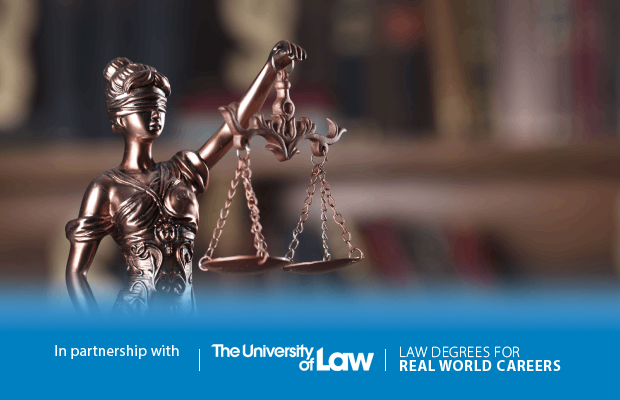Hi there,
While you're waiting for an answer, did you know we have 300,000 study resources that could answer your question in TSR's Learn together section?
We have everything from Teacher Marked Essays to Mindmaps and Quizzes to help you with your work. Take a look around.
If you're stuck on how to get started, try creating some resources. It's free to do and can help breakdown tough topics into manageable chunks. Get creating now.
Thanks!
Not sure what all of this is about? Head here to find out more.
While you're waiting for an answer, did you know we have 300,000 study resources that could answer your question in TSR's Learn together section?
We have everything from Teacher Marked Essays to Mindmaps and Quizzes to help you with your work. Take a look around.
If you're stuck on how to get started, try creating some resources. It's free to do and can help breakdown tough topics into manageable chunks. Get creating now.
Thanks!
Not sure what all of this is about? Head here to find out more.
Original post by bretters
Could anybody help me to understand what Claytons Case is and applies too? I'm studying an economics module, regulatory framework of banking and despite the text and other research can't seem to get my head around what it actually means? Thanks!
Hi.
I've done Clayton's case in tracing. Which is where someone's property ends up in the wrongful hands of a third party. It's then traced to find out where it is basically.
Clayton's case applies to current accounts. It created the first in, first out rule. So... a bank account starts off at £0 and the defendant pays in £500 of his own money, then £500 of the beneficiaries money. All the assets bought with the first £500 still belong to the defendant. The remaining £500 can have a charge put on it by the beneficiary. Or, if the last £500 is spent on a painting, then the beneficiary traces into that painting.
It gets more complicated when, for example, the defendant buys a car costing £750. Basically then £250 of that car would belong to the beneficiary.
Obviously that's all reversed if it's the beneficiaries money which is paid in first.
It doesn't apply in some instances. For example if the defendant buys profitable assets with his money and dissipates the rest of it, because it would cause an injustice.
At least that's what I understand of it. Hope that makes sense!
Quick Reply
Related discussions
- Is this a tracing question? (law help)
- Bristol vs Warwick vs Glasgow
- I have a CIFAS marker - will it show up in pre employment checks? Will I get jobs?
- On-Call bank holidays
- Would I get into trouble if I hand in a "stolen" phone which is mine to the police?
- How to find law experience in year 12 ASAP?
- Journey to being a barrister
- Confused student in need of help!!! ULAW LPC modules
- Help me choose my degree
- BPP Refund Terms, Warning to Future Students
- Entry requirements
- Investment Banking or Investment Banking Lawyer (Risk, Compliance & Regulation)
- De-banked for expressing alternative social views
- Should I get an Economics degree?
- (AQA) A Level Law Notes + Study Group 📚💼
- Academic Nightmare:
- which would be the highest paid out of these jobs?
- Finance masters degree in Switzerland with british law degree?
- Year 12 finance work experience
- Top Finance Career with B in A level Maths
Latest
Trending
Last reply 1 week ago
OCR A-level Law Paper 3 (H418/03) - 12th June 2023 [Exam Chat]Trending
Last reply 1 week ago
OCR A-level Law Paper 3 (H418/03) - 12th June 2023 [Exam Chat]



